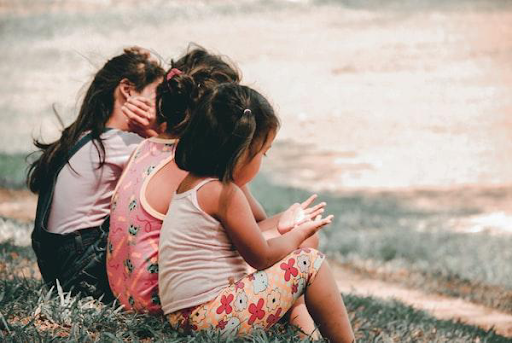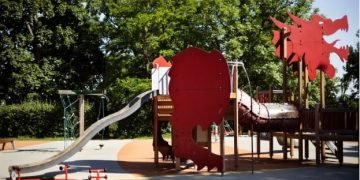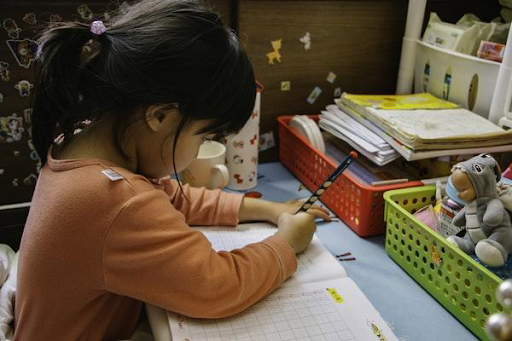The role of parents and teachers in early childhood development is critically important. In order to provide the best possible foundation for future success, both parents and teachers need to be aware of the different stages of early childhood development and what to expect at each stage.
In this article, we will explore the roles of parents and teachers in early childhood development. We will also discuss the importance of communication and collaboration between these two groups. Keep reading to learn more!
Parents and teachers can support growth.
It is important that both parents and teachers continue to educate themselves on early childhood development in order to best support the child’s growth. There are many ways for parents and educators to continue to learn about early childhood development. For educators, professional education is key. This might involve pursuing online degrees in early childhood education, reading journals and articles on the topic, or attending conferences on the subject. It is important for educators to have a strong understanding of early childhood development in order to create an environment in the classroom that is conducive to learning and growth.
Parents and teachers can foster a positive environment.
There are many important things that parents and teachers should keep in mind when working with young children. One of the most important is creating a positive and supportive environment for the child to learn and grow in. This includes providing a safe space for them to explore, as well as setting expectations and limits that are developmentally appropriate. It is also important to foster positive relationships with both parents and teachers, as this can help encourage the child’s growth and development.
Parents and teachers provide positive reinforcement.
Positive reinforcement is one of the most important methods for influencing early childhood development. It involves praising or rewarding a child for positive behaviors, which can encourage them to repeat those behaviors in the future. Parents and teachers are ideally positioned to provide positive reinforcement to children in their care. By regularly praising good behavior, providing encouragement, and offering rewards when appropriate, these adults can help set the stage for healthy development in children.
Parents and teachers can promote social skills.

When children interact with others, they learn important social skills. These skills include the ability to share, take turns, cooperate, and problem solve. In addition, social interaction helps children learn how to communicate with others, which is an essential skill for life. Social interaction also helps children develop a sense of empathy. Empathy is the ability to understand and share the feelings of others. When children are empathy, they are more likely to be kind and caring towards others. Social interaction is also important for children’s emotional development.
Parents and teachers can inspire a love of learning.
Parents and teachers play a critical role in fostering a love of learning in children. One way to do this is by providing opportunities for children to explore a variety of topics. This can be done through experiential learning, such as field trips or guest speakers. It can also be done through activities and projects that allow children to explore their interests. Parents and teachers can read books, explore the internet, and attend workshops and lectures to learn more about the topics that interest their children. By doing this, they show children that learning is a lifelong process that can be fun and rewarding.
The role of parents and teachers in early childhood development is critical in setting the stage for future success. By providing a nurturing environment with plenty of opportunities for learning and exploration, both parents and teachers can help children reach their full potential. Parents provide a home environment that supports their child’s development, while teachers provide opportunities for children to learn and explore.


























































